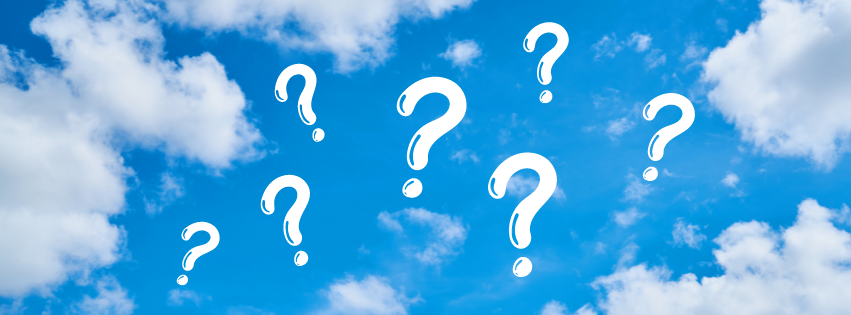Acupuncture Q&A
The osteopaths and chiropractors at our South Bristol clinic use a range of treatment techniques to treat the various conditions our patients come in with. One of these is acupuncture or dry needling. In this blog, we take more of an in depth look at what it is and how it can help as part of your treatment programme.
What is acupuncture?
Also known as dry needling, western medical acupuncture is a safe procedure where extremely thin monofilament needles are inserted into skin or muscle. Once the needles are in place, they may be left in position for short time.
What type of needles are used?
Monofilament needles are used. These are incredibly thin needles that can be inserted into the skin and muscle with little to no pain. They are very different from needles used for vaccinations in that they are much thinner and never used for injections. The needles used are single-use, pre-sterilised needles that are disposed of immediately after use.
Why is it sometimes called dry needling?
This is because the needles used during western medical acupuncture are dry. Wet needling is when needles are used to inject a medicine, for example when you have a vaccination.
What can it help with?
Acupuncture can help decrease pain, release muscle tightness and tension, improve muscle function and aid in tissue regeneration. NICE (National Institute for Health and Care Excellence) also recommends using western medical acupuncture for chronic (long-term) pain and chronic tension-type headaches and migraines.
How does it work?
It works by stimulating sensory nerves under the skin and in the muscles, which results in the body producing pain relieving endorphins. During treatment, your practitioner will target muscle trigger points, inserting the needle directly into a knot or pressure point, to help release tension in the surrounding muscle.
Does it hurt?
Sometimes patients experience a ‘twitch response’ during treatment, which occurs when the muscle contracts and relaxes following insertion of the needle. You may also feel a tingling or a dull ache when the needles are inserted but you should not experience any significant pain. If you do, let your practitioner know.
Is it safe?
Yes, it is very safe. However, if you have a bleeding disorder, such as haemophilia, or are taking any medicines such as anticoagulant medicine, please let your practitioner know so that they take this into consideration before commencing treatment.
Do I have to have acupuncture as part of treatment?
No. All treatment programmes are tailored to individual needs and we are always happy to discuss any concerns you may have in advance. As such, if you are scared of needles or simply do not want to have acupuncture as part of your treatment plan, please let your practitioner know and they will make a note of this on your file.
Can I just have acupuncture?
Acupuncture is very popular with our patients as it can bring about immediate relief to muscle tightness and tension but the results are best when used in conjunction with other manual therapy treatments. These include mobilisations and manipulation of stiff joints, soft tissue work, stretching and rehab exercises.
Can I still give blood following acupuncture?
Yes. The advice from NHS organisation, Give Blood, is that if the acupuncture was performed by a chiropractor registered with the General Chiropractic Council (GCC) or an osteopath registered with General Osteopathic Council (GOsC) then you are still able to donate blood. All our chiropractors and osteopaths are registered with the GCC and GOsC respectively, so you can still give blood following treatment.
What is the difference between western medical acupuncture and eastern acupuncture?
Dry needling is also called western medical acupuncture because it is acupuncture that is used following medical diagnosis. It is used to target muscle trigger points and treat muscle tightness and pain. Eastern acupuncture or traditional acupuncture has been used in the East for over 2,000 years and is based on the idea that a blockage or disturbance in the flow of ‘qi’ (a concept from Chinese philosophy), can cause health issues. As such, rather than focusing on muscle trigger points, traditional acupuncturists target specific points throughout the body, along pathways known as ‘meridians’ to regulate body processes and promote relaxation.
We hope that this Q&A blog has answered all and any questions you may have about dry needling, but if you do have any other questions, please just get in touch on 0117 972 3518.

